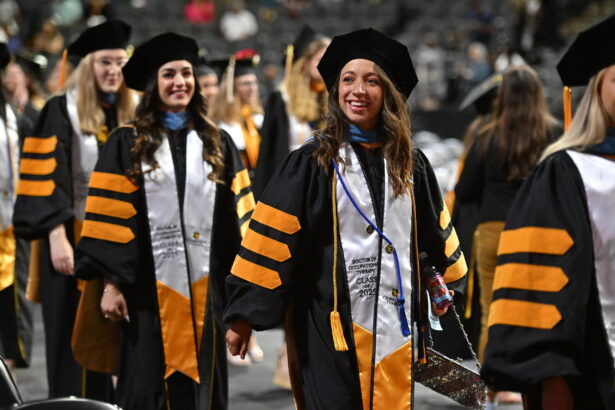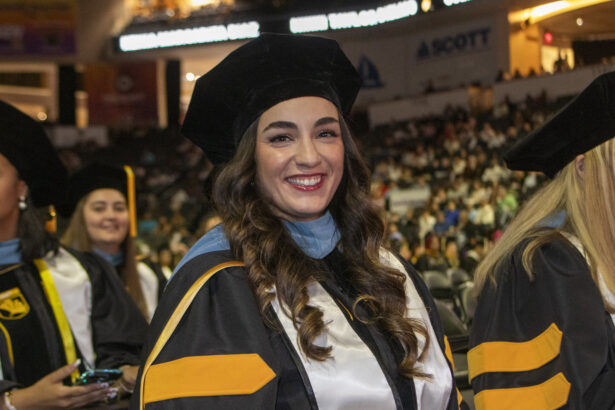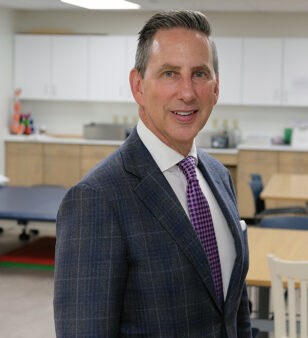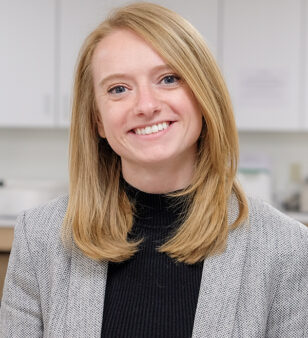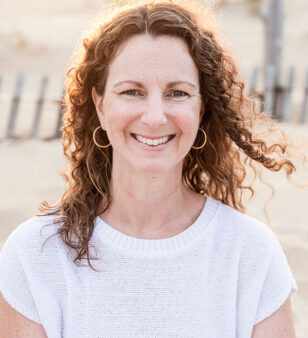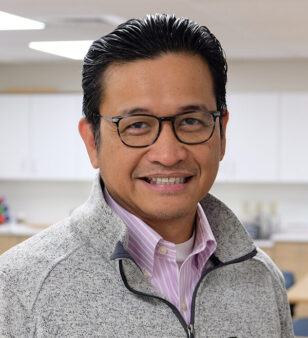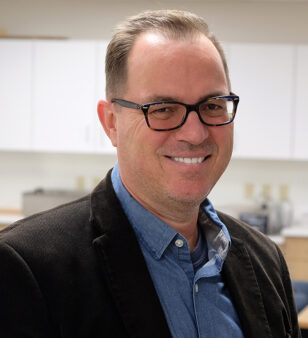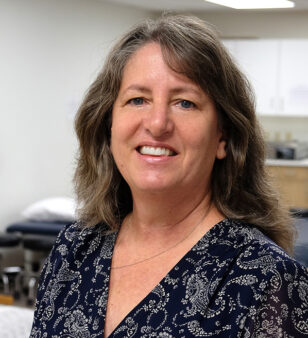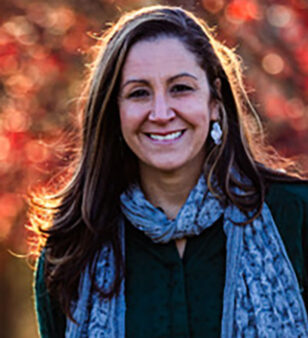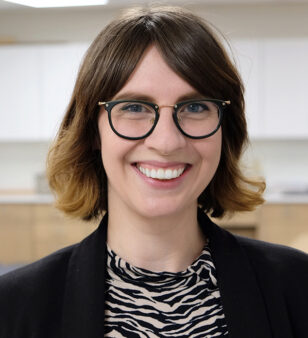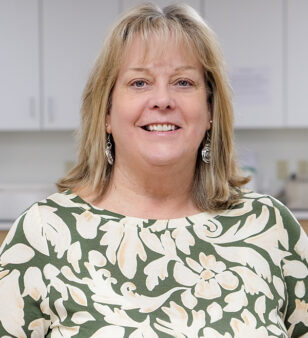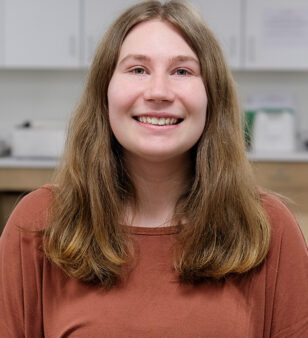ACOTE Accredited, 108-credit 33-month program, experiential, cohort approach.
We see you empowering yourself to bring the healing power of occupational therapy to help others in both traditional and non-traditional practice areas.
We take a functional, hands-on approach to teaching occupational therapy. Our fully accredited, co-educational, 33-month program places a strong emphasis on ensuring our students experience a number of specialties to serve the occupational needs of populations wherever their career takes them. From your first year to your last in our 33-month 108-credit program, you’ll work with community partners to gain meaningful field experience.
The Occupational Therapy Doctorate (OTD) program at Cedar Crest College is built upon the foundation of a long history of excellence in healthcare training. Your classwork, research, and fieldwork will combine to provide you with the knowledge, skills, and experience you need to take your career to the next level.
It takes a lot of time and commitment to reach your goals, and we see that! Through our cohort model, you’ll build strong, meaningful relationships with your peers who understand the hard work you’re putting in to become an occupational therapist.
You’ll have the opportunity to connect with students across cohorts in OTD-focused student organizations, sharing advice and support with students at all levels of the program.
Program Highlights:
- Experienced Faculty: You’ll learn from Occupational Therapists who come from various OT backgrounds in both traditional and emerging areas of practice. Our faculty encourages your academic excellence through embracing experiential learning methods and providing transformational student experiences.
- 7:1 student-faculty ratio: Our student-faculty ratio is a strong indicator of student success. Our small class sizes give faculty the flexibility to adapt their teaching to your preferred learning style.
- State-of-the-art facilities: As an OT student, you’ll have access to state-of-the-art facilities and technology that will prepare you for whichever specialty you pursue as an occupational therapist. Our OT technology room houses an Anatomage Table, 3D printer, and therapeutic modalities. You will also have access to our Life Skills Lab, with a functional kitchen, bathroom, and living space for simulations; clinical space for orthotic labs; our Acute Care Lab; and our Pediatric Lab, which is outfitted with a climbing wall, therapy swings, and an interactive magnetic mural.
- Doctoral fellowships and teaching assistant positions: Our program offers a number of paid fellowship positions to support you and offer you the opportunity to gain valuable practical skills. All incoming students are eligible to apply to fellowships and teaching assistant positions.
- Capstone experience: After completing your level I and II fieldwork, you’ll explore your interests through your doctoral capstone where you’ll work together with an OTD advisor and community partner.
- The doctorate advantage: Our OTD degree will prepare you for an exciting career in occupational therapy with the advanced clinical, teaching, and evidence-based practice skills you’ll need for traditional practice areas and the growing field of emerging and community-based practice.
- Our reputation: Cedar Crest College has a long-standing and positive reputation in the Lehigh Valley and is committed to meeting community needs.
